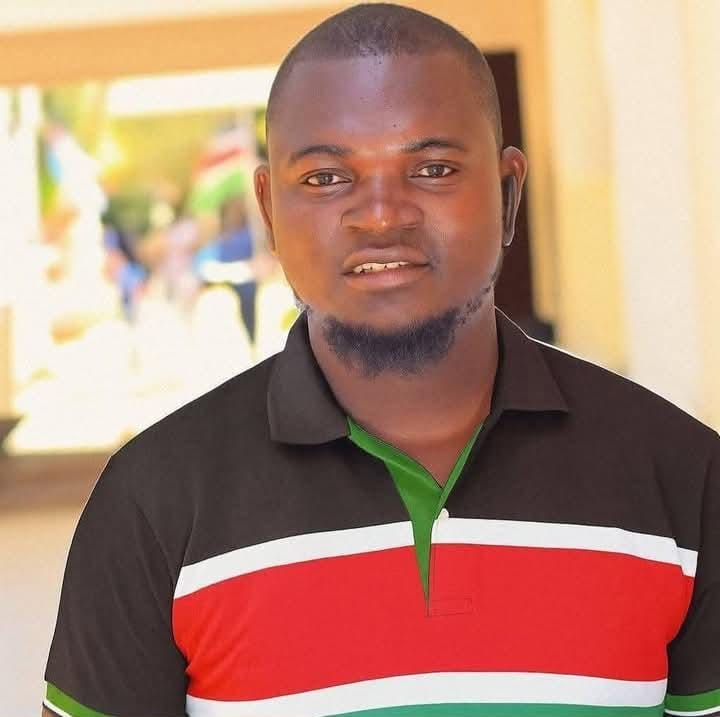The death of Albert Omondi Ojwang in police custody has raised serious questions about how law enforcement in Kenya handles the rights of arrested individuals. Albert was a 31-year-old teacher and social media influencer who was arrested in Homa Bay County on June 7, 2025, after Deputy Inspector General of Police Eliud Lagat complained about a social media post.
Less than 24 hours later, he was found dead in a police cell at Nairobi Central Police Station, about 350 kilometers away from where he was arrested. This transfer from Homa Bay to Nairobi has become a key point of controversy.
In Kenya, moving a suspect from one county to another is not something that should be done casually.
According to legal procedures and as reported by KTN News, such a transfer must involve a formal court application with valid reasons presented to a judge.
This is to ensure the rights of the arrested person are protected and that due process is followed. In Albert’s case, it appears there was no such application. This has caused activists, lawyers, and the public to question why he was moved all the way to Nairobi when there were police stations and courts nearby that could have handled the matter.
The Law Society of Kenya and the International Commission of Jurists have been vocal in demanding answers. They want to know why public resources were used to transport Albert such a long distance and whether there was a hidden motive.
The Police Reforms Working Group has also questioned the need for the transfer and suggested that it may have been part of a plan to harm him away from public scrutiny.
Human rights groups like Amnesty International Kenya have pointed out that the way Albert was moved violates the constitutional safeguards that protect the rights of suspects.
After Albert’s death, police initially claimed he hit his head against the wall of the cell. But his family’s lawyer shared a different story, saying Albert had visible signs of torture including swelling, bruises, and injuries that couldn’t have come from a simple fall.
This has only deepened the suspicion around the events that led to his death. The Independent Policing Oversight Authority (IPOA) is currently investigating the matter and has already interdicted five officers who were on duty the night Albert died. These include the Officer Commanding Station and others responsible for the cells and reporting area.
Protests have since erupted outside the Nairobi City Mortuary, with activists shouting “Stop killing us” and demanding justice. Many people believe that the entire operation from the arrest, to the transfer, to the death was mishandled and possibly planned to silence Albert for his online criticism. The public is now waiting for IPOA’s report, but many feel that justice must not only be served but must also be seen to be done.
The case of Albert Ojwang is not just about one man’s death. It is a reflection of a broken system where some police officers seem to operate above the law. Without clear answers, it is hard to ignore the possibility that Albert’s transfer was a calculated move to hurt or even kill him far away from those who could protect him. Until the investigations are complete, suspicion will remain, and trust in the police will continue to erode.



